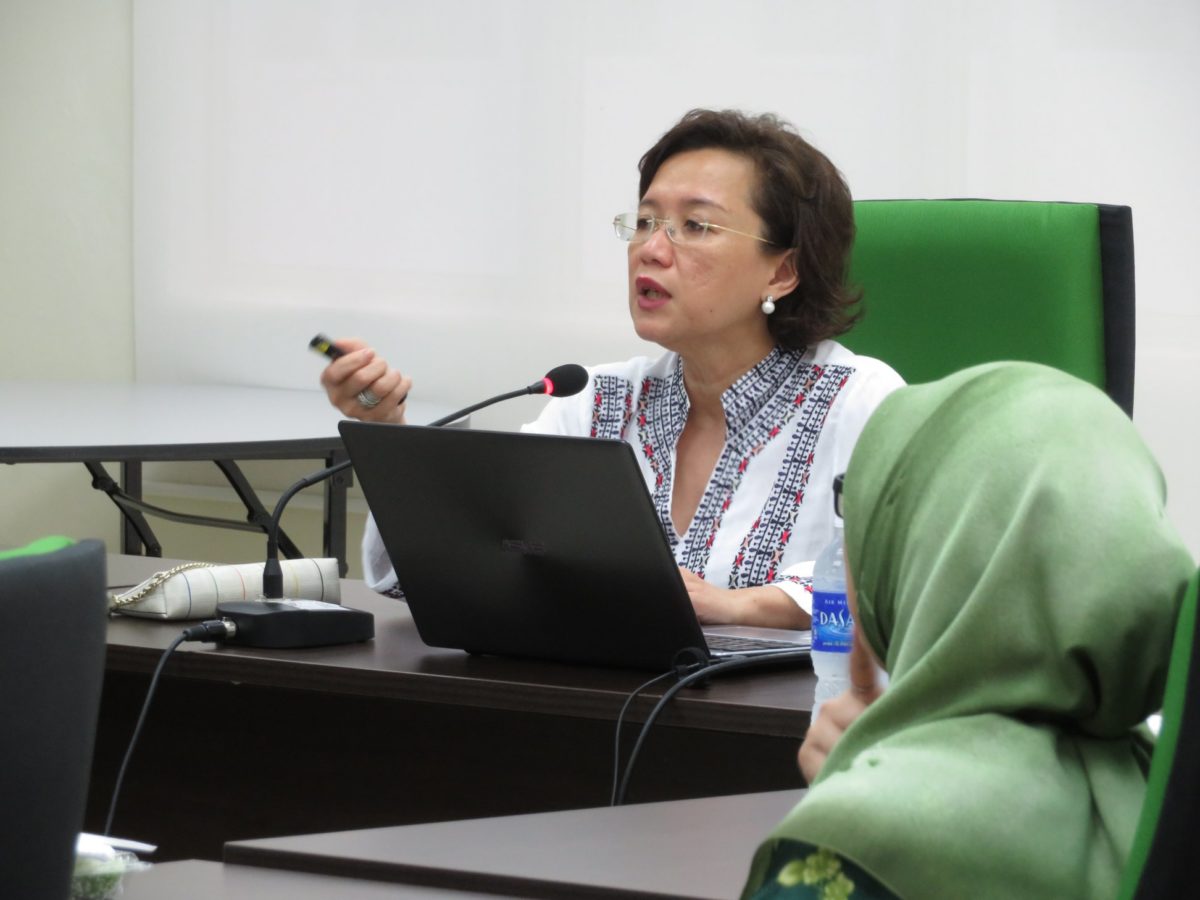KUALA LUMPUR, Jan 30 — There are a number of things that need to take place before personal drug use can be decriminalised in Malaysia, a drug researcher said today.
These include capacity building and the formation of guidelines to train health care providers in managing illegal narcotics and alcohol use.
Prof Dr Adeeba Kamarulzaman, a member of the Health Advisory Council (HAC) and an expert on infectious diseases, said public education will also be key in letting the masses know what personal drug use decriminalisation is all about.
“When we do this, we don’t want to set ourselves up for failure,” the dean of medicine and infectious diseases at Universiti Malaya (UM) said at a drug policy forum here.
“We want to do it well, we want to plan, we want to work together, and we want to ensure success.”
Dr Adeeba said the decriminalisation move cannot, realistically, happen overnight, as it addresses a problem that is multifaceted, complex, and in place for the last 60 or so years.
Health Minister Dzulkefly Ahmad said earlier today that Malaysia will form a new holistic and evidence-based drug policy within the next three years, by the end of Pakatan Harapan’s (PH) first term in power.
The PH government aims to remove criminal penalties from various laws against drug possession for personal use in the near future. However, drug trafficking will continue to remain a crime.
The move was first announced last year, and a special committee has since been convened to hasten legal amendments, with inter-ministry efforts involving the Ministry of Home Affairs, the Ministry of Youth and Sports, and the Ministry of Health.
Dr Adeeba said that experts from the health, legal, and enforcement experts, including stakeholders in non-government organisations (NGOs) and those whose lives are affected by drug use, are also being consulted over the policy change.
“We, our small group, have actually sat down and put together a draft proposal that includes… forming a true multi-sectoral task force committee, whatever you want to call it, (to) look at the laws in details.”
Dr Adeeba’s comments today echo earlier remarks by Dzulkefly that the move should not be misinterpreted as legalising the use of all drugs across the board.
Earlier in his keynote speech, Dzulkefly said that decades of research have shown that the death penalty — which is in place for the most serious of drug trafficking crimes — is a no greater deterrent than life imprisonment, “as much as we wish (for) it to be”.
He also cited data from the Prisons Department that showed that released prisoners in Malaysia who were pardoned from death penalty offences recorded a zero recidivism rate.
Statistics by the National Anti-Drugs Agency (AADK), he added, show a steady increment in the number of people who use drugs — 161,945 as of June — even with the death penalty in place.
He said the dominance of law enforcement versus addressing the public health aspects of illicit drug use has not only been ineffective, but has created adverse health consequences and cost the government a lot of money.
For instance, in 2017, 56 per cent or 36,960 inmates were serving sentences for nonviolent minor drug-related offences.
This means that Putrajaya spent around RM40 daily on each prisoner, or RM1.47 million per day for all prisoners, RM44 million a month, and RM539 million a year.
“If we channel minor drug offenders to treatment, we can reduce prison populations significantly, saving money and (lessenning) the workloads of our criminal justice system,” Dzulkefly said.
“Courts will have less backlog of cases. Police would be able to channel more resources to crime prevention and serious crimes to make our community safer.”








